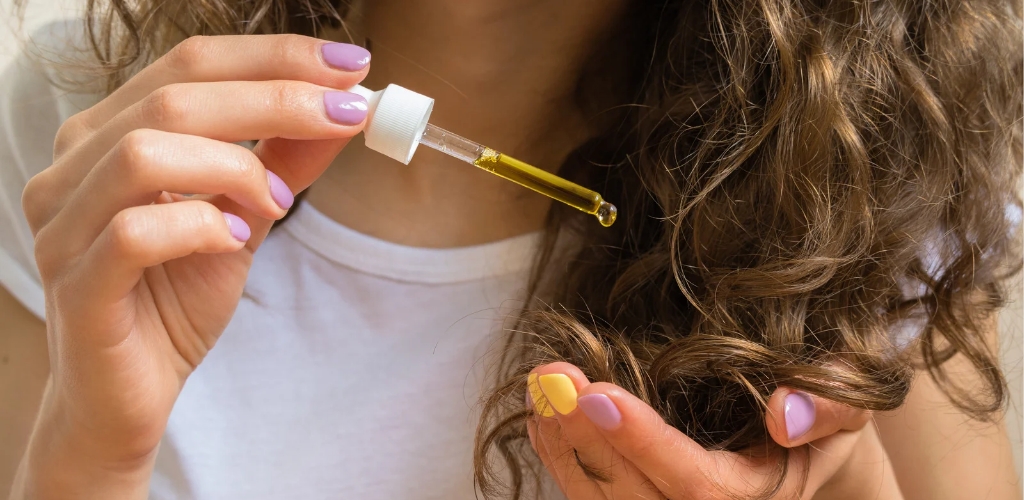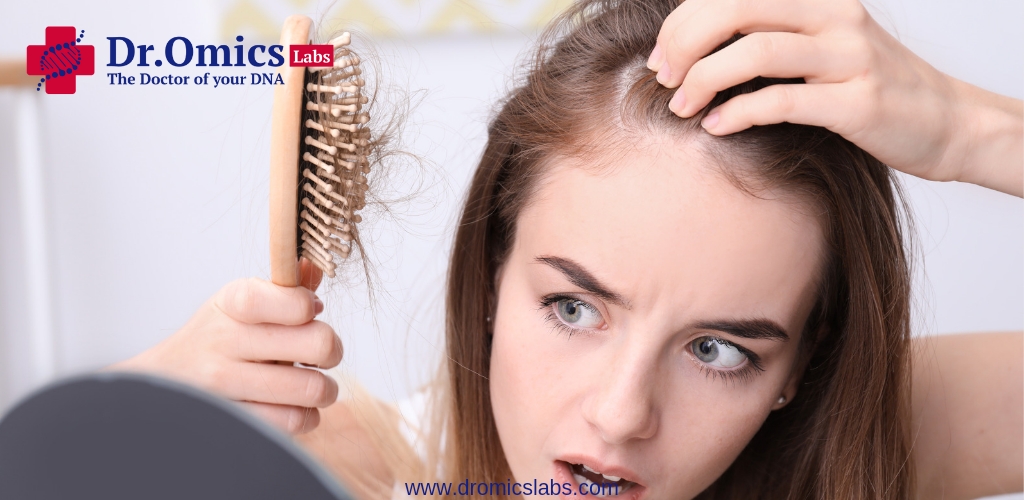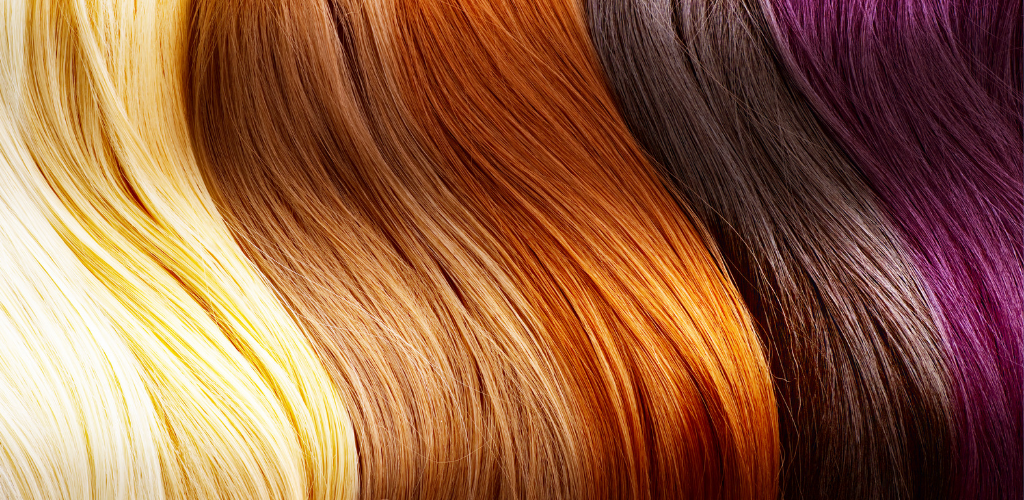Hair oiling has been a longstanding practice in many cultures, celebrated for its potential to nourish and strengthen the hair. However, the medical community’s stance on this age-old tradition is a topic of ongoing debate. Let’s explore the different perspectives and factors to consider when deciding whether hair oiling is right for you.
The Benefits
Proponents of hair oiling tout its numerous benefits, which include:
- Hair Softening: Oils can help soften and condition the hair, making it more manageable and reducing frizz.
- Nutrient Delivery: Certain oils are rich in vitamins and minerals that can benefit the hair and scalp.
- Hair Strengthening: Some oils are believed to strengthen the hair shaft, potentially reducing breakage and damage.
The Concerns
On the other hand, critics of hair oiling raise valid concerns, such as:
- Pore Clogging: Certain oils may clog the pores on the scalp, leading to issues such as acne or folliculitis.
- Scalp Dehydration: In some cases, excessive oiling can lead to dehydration of the scalp, causing discomfort and potential damage to the hair follicles.
- Dandruff Risk: There is a possibility that frequent and heavy oiling could exacerbate conditions like dandruff or seborrheic dermatitis.
The Research
While there is limited scientific research on the topic, some studies have provided insights. For instance, coconut oil has been shown to penetrate the hair shaft and protect it from water damage, making it a popular choice for pre-wash treatments. Additionally, certain oils have demonstrated the ability to increase moisture, luster, and shine, potentially benefiting the overall health and appearance of the hair.
The Conclusion
So, where does this leave us? The decision to oil your hair is a personal one that should take into account your unique hair type, scalp condition, and any specific concerns you may have. It’s important to approach hair oiling with caution, especially if you have a sensitive scalp or existing skin conditions. Consulting with a dermatologist or trichologist can provide valuable insights and guidance tailored to your individual needs.
In the end, the age-old practice of hair oiling is a complex and nuanced subject. While it may offer potential benefits, it’s essential to weigh them against the possible risks and make an informed decision that aligns with your hair care goals and overall well-being.
Remember, your hair is as unique as you are, and the approach to caring for it should be just as personalized.
To better understand your hair, you should get them tested. The TrichoGenie Hair Health DNA test by Dr.Omics is specifically designed for this purpose, as it will provide insights into the conditions affecting your hair in advance. So, try TrichoGenie today or talk to our experts.
Citations
1.Hair Oiling: The Benefits and Risks. Healthline, 2021, https://www.healthline.com/health/hair-oiling-benefits-risks.
2.Hair Oiling: The Pros and Cons.” Byrdie, 2021, https://www.byrdie.com/hair-oiling-pros-cons-496999.




